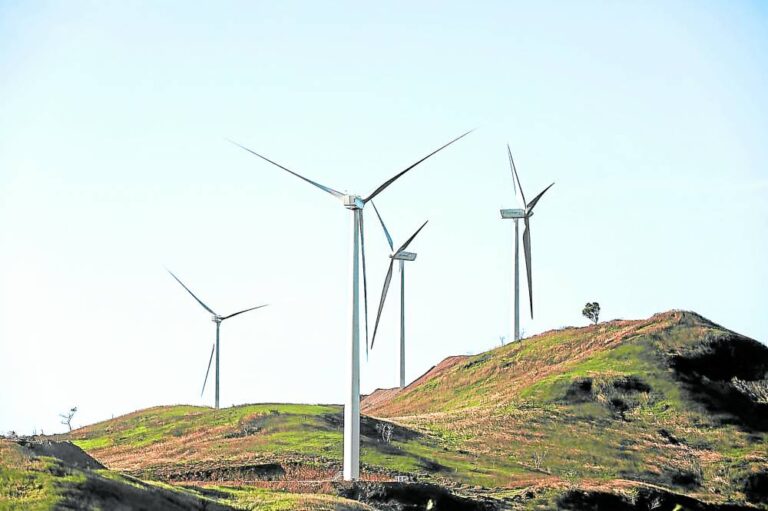Fossil fuels such as coal, oil, and gas, are by far the largest contributor to global climate change. At present, these fossil fuels account for over 75 percent of global greenhouse gas emissions and nearly 90 percent of all carbon dioxide emissions.
To avoid the worst impacts of climate change, scientists and policymakers have set the goal that emissions need to be reduced by almost half by 2030 and reach net-zero by 2050.
Governments and the private sector worldwide have mobilized for years now to end the global reliance on fossil fuels and invest in alternative sources of energy that are clean, accessible, affordable, sustainable, and reliable.
But as of 2025, fossil fuels still account for more than 80 percent of global energy production, though cleaner sources of energy are gaining ground.
About 29 percent of electricity currently comes from renewable sources like the sun, wind, water, waste, and heat from the Earth. The world has also seen a significant increase in renewable energy capacity in recent years.
Fastest-growing source
Renewable energy is the fastest-growing energy source today, and it is projected to surpass coal as the primary electricity source in 2025.
However, achieving global targets demands substantially increasing clean-energy investments, particularly in developing economies.
Meeting global climate targets and net-zero emission warrants the rapid deployment of renewable energy across all sectors and more significant improvements in energy efficiency.
Achieving universal access by 2030 requires accelerating electrification to 1.2 percent annually. Unfortunately, current trends indicate that in 2030, 645 million people will remain without power.




